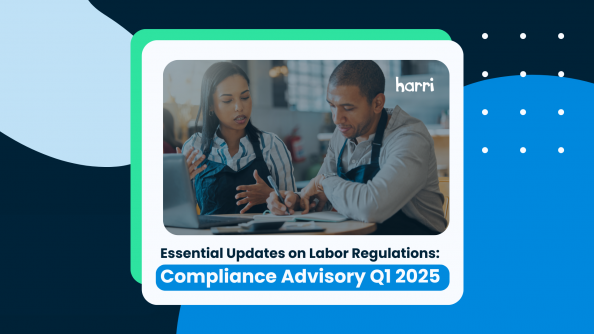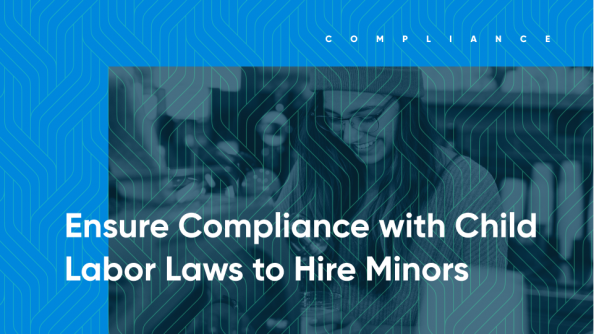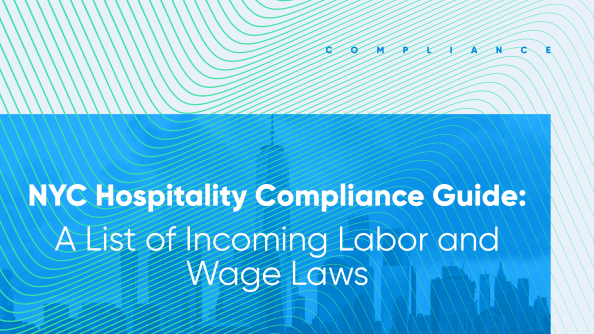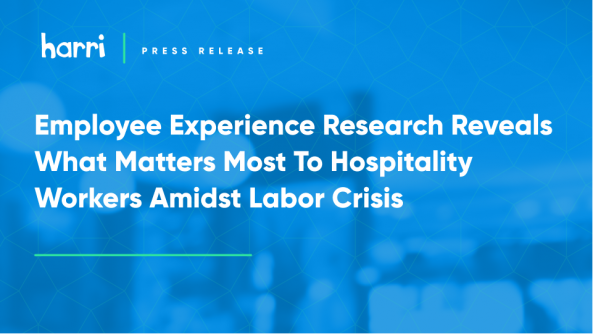From the Frontlines: A Conversation with Jacqueline Farmer
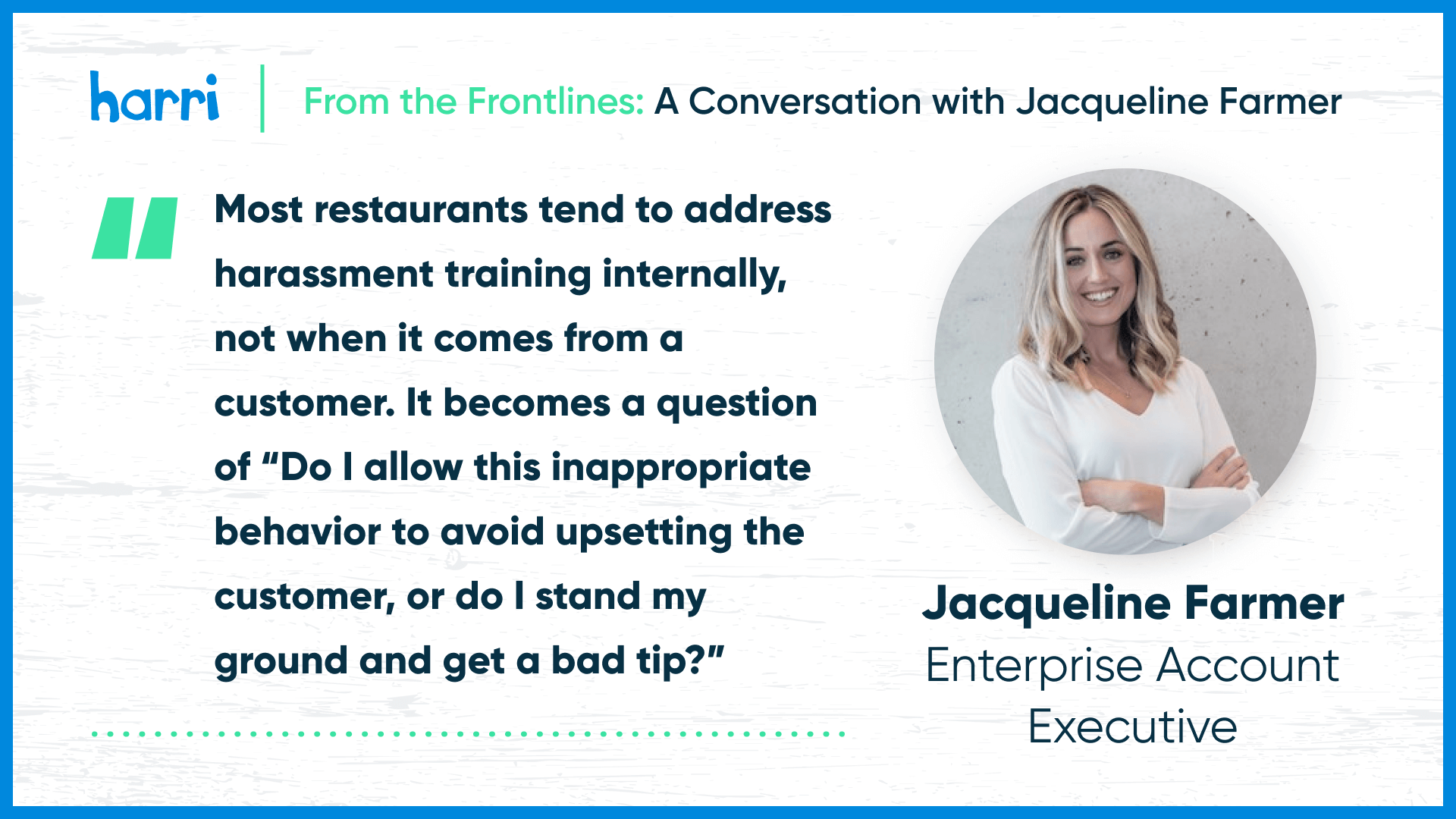
- By Harri Insider Team | December 9, 2020
In this series, Harri is highlighting members of our team who are up to big things and have big insights into the hospitality industry. This week we have Jacqueline Farmer, Enterprise Sales Executive at Harri. We discuss tip culture, how it affects customers’ behavior towards servers, and a restaurant’s responsibility to step up.
Thanks for joining us! A recent report from NPR shows that, since the start of the pandemic, sexual harassment reports from customers towards tipped employees have seen a significant increase. How do you think restaurants can support their workers?
I’ve heard of restaurants that maintain a customer blacklist. If someone disrespected staff, they wouldn’t be allowed back no matter who they were. Restaurants need to be strict and protect their employees because it’s not something a 16-year old waitress should have to handle on her own.
That’s an interesting point. When you worked in hospitality, were there ever training protocols on these sorts of scenarios?
Most restaurants tend to address harassment training internally, not when it comes from a customer. You can get all of the training in the world, but when it happens you’re in an uncomfortable situation, sometimes dealing with customers who have had a few drinks. Then there are times when the manager isn’t around to step in.
Not to mention, you’re dealing with this while you’re making $2/hr. But you still have bills to pay, so it becomes a question of “Do I allow this inappropriate behavior to avoid upsetting the customer, or do I stand my ground and get a bad tip?” It’s an unfortunate situation and very little training will deflect that.
What’s one positive and one negative aspect of tip culture?
A major con is how employees need to deal with this level of harassment just to earn a decent tip when they’re already being paid a subminimum wage on top of lower than normal tips as a result of the pandemic. In places where tip culture was removed, sexual harassment claims were reduced significantly. That’s something very important to keep in mind.
On the positive side, restaurants run at such low-profit margins, especially during COVID-19, that tip culture helps them stay open and provide workers with an opportunity to make more money.
Are there any other ways we can be preventative about harassment towards tipped workers?
It’s important for us as customers to hold our inner circle accountable. Ask a person “How would you tip after receiving poor service?” That tells you so much about someone’s character.







